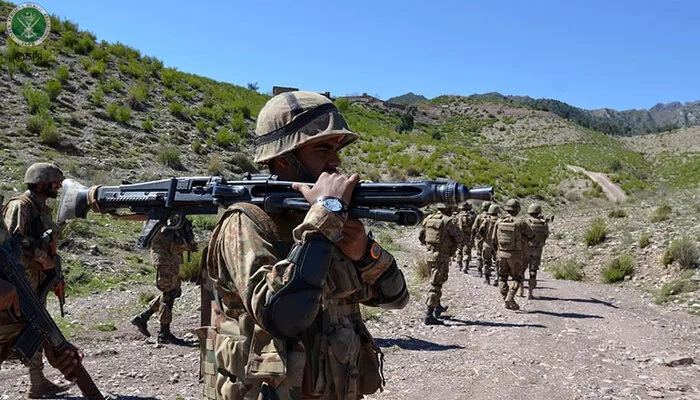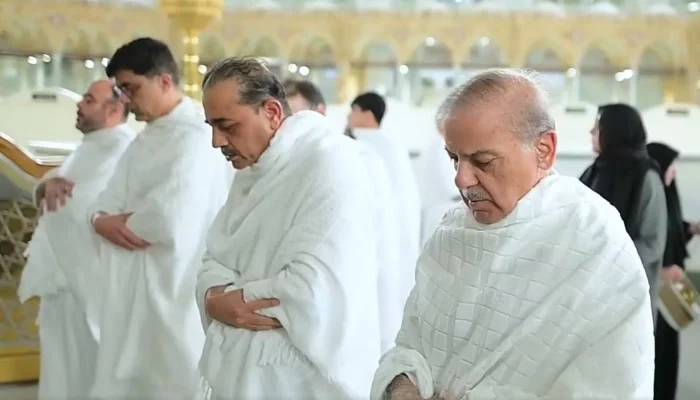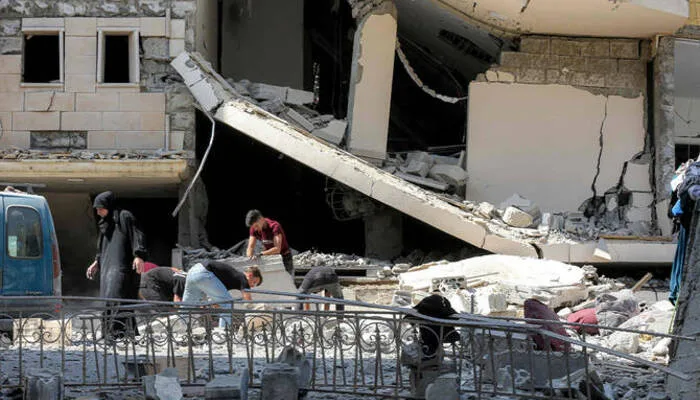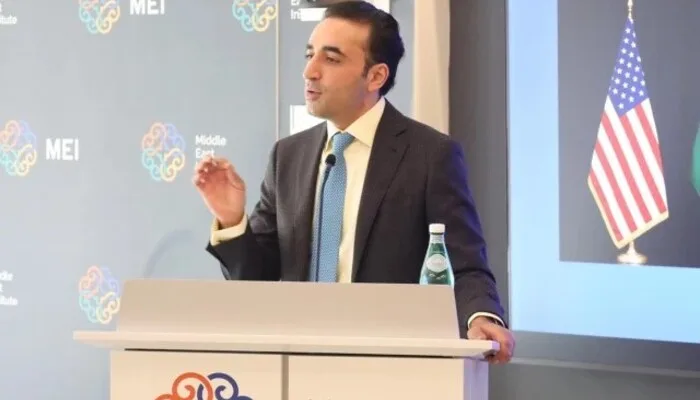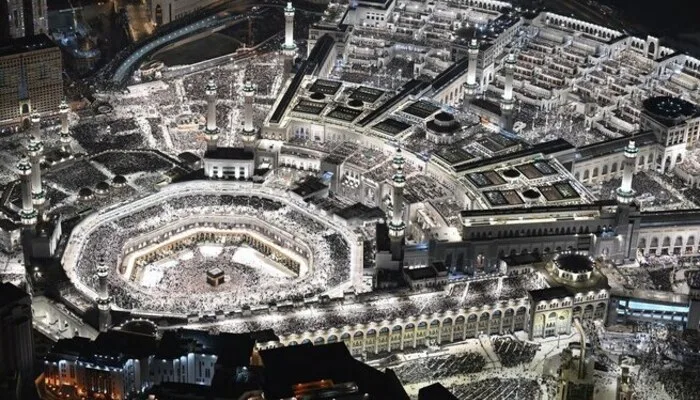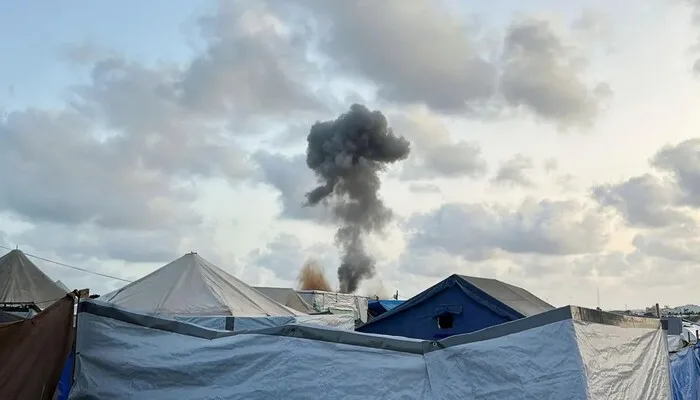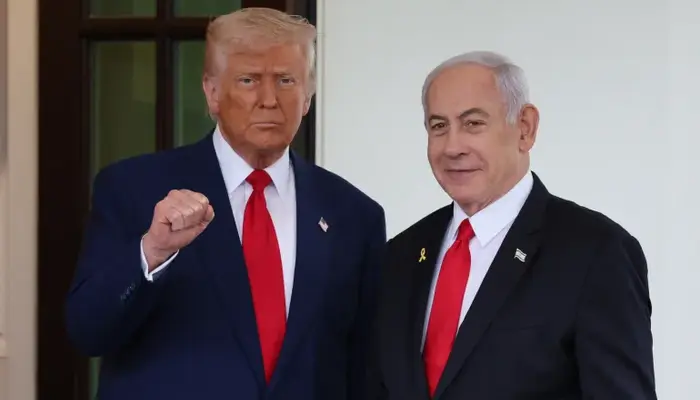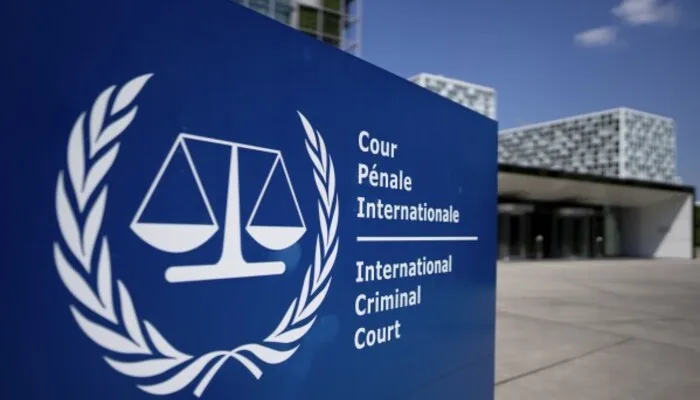
The appointment highlights Islamabad’s growing engagement with global efforts to combat terrorism and strengthen international peace and security.
Committee’s Background and Mandate
The Counter-Terrorism Committee was formed following the adoption of UNSC Resolution 1373 in 2001, shortly after the 9/11 attacks. The resolution mandates all 15 Security Council members to monitor and support the implementation of legal and institutional measures to prevent terrorism on national, regional, and global levels.
Additional Key Roles for Pakistan
Alongside its new vice chair role, Pakistan has also been named the chair of the UNSC Committee established under Resolution 1988. This committee oversees sanctions measures specifically targeting the Afghan Taliban. Additionally, Pakistan has taken up co-chair positions in two vital UNSC Informal Working Groups (IWGs): one on documentation and another on sanctions.
Read: China Eyes Pakistan’s Donkeys for Ejiao Boom
The IWG on documentation works to improve transparency, inclusiveness, and the overall effectiveness of the Security Council’s internal processes.
Recognition of Diplomatic Engagement
According to a press release from Pakistan’s Mission to the UN, these appointments reflect international acknowledgment of Pakistan’s active and constructive participation in UN affairs. The statement emphasized that these new roles recognize the country’s ongoing contributions to global counter-terrorism efforts.
Pakistan’s Role on the UNSC
Pakistan began its eighth term as a non-permanent member of the UNSC on January 1, 2025. The two-year term includes a presidency in July, giving Pakistan a strategic opportunity to influence the council’s agenda. Although non-permanent members do not have veto power, they can shape critical discussions—especially within sanctions and counter-terrorism committees—through consensus-based decisions.
Follow us on Google News, Instagram, YouTube, Facebook,Whats App, and TikTok for latest updates



